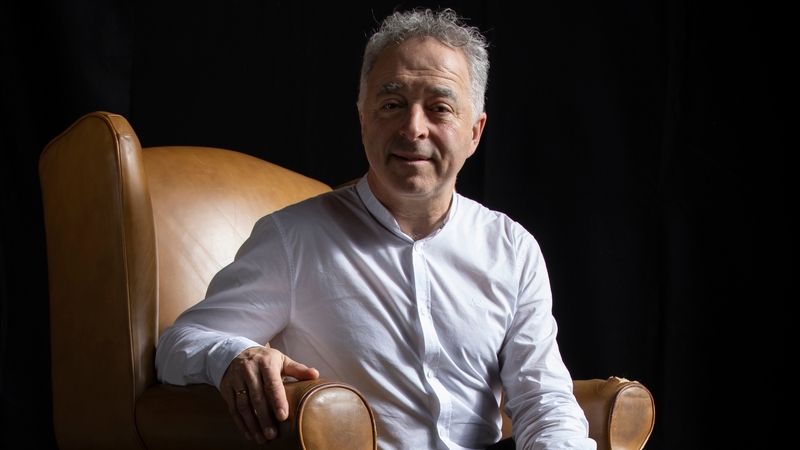You are viewing your 1 free article this month. Login to read more articles.
More men join the RNA as genre overcomes 'snobbery'
More men are joining the Romantic Novelists' Association (RNA) and writing romantic fiction under their own names as the genre overcomes a "lurking literary snobbery", RNA chair Nicola Cornick has said, after two men won prizes in its flagship awards for the first time.
The RNA awards earlier this month saw two men take home gongs for the first time in the association's 58-year history - Kerry Wilkinson's Ten Birthdays (Bookouture) won the Young Adult Romantic Novel of the Year prize and Marius Gabriel won in the Historical Romantic Novel of the Year category with The Designer (Lake Union Publishing).
A higher proportion of male authors entered the awards this year and the shortlist had its highest number of male finalists since the association began, Cornick added.
She told The Bookseller that although men were traditionally reluctant to write romance novels under their own names - for example Peter O'Donnell writing as Madeleine Brent and Roger Sanderson writing as Gill Sanderson - this was now changing.
The gender balance of the RNA membership is also changing year-on-year, with more men becoming members, Cornick said.
"It’s only really in the last few years that we have seen men joining the organisation," she said. "We were starting from a fairly low base but now have 3% of the total membership – 30 people out of 1,000. It's still small but increasing all the time."
All of the male members of the association write under their own names, she added.
When asked to speculate on the reasons more men were joining the organisation, Cornick suggested both male and female readers being more adventurous in exploring all sorts of romantic novels regardless of author, and pointed to a growing recognition that the romantic fiction genre is a "broad church".
"I would encourage this trend and the broadening of the genre that it represents", said Cornick.
Sales of the genre are also up through Nielsen BookScan, with the top 20 romance and saga titles in 2017 netting £21.8m, an increase of 18% on 2016.
But Cornick said that despite the popularity of the genre with readers, there has always been a "lurking literary snobbery" about it.
"I think we are addressing this reputation through the books themselves; the best romantic fiction has much that is profound to say about human relationships. Readers recognise that and this message is now reaching a broader audience", she said.
Wilkinson agreed. He told The Bookseller: “The concept of 'the romantic novel' is far broader than many might give it credit for. Readers are more open-minded and the books themselves aren't necessarily typical cliches.”














